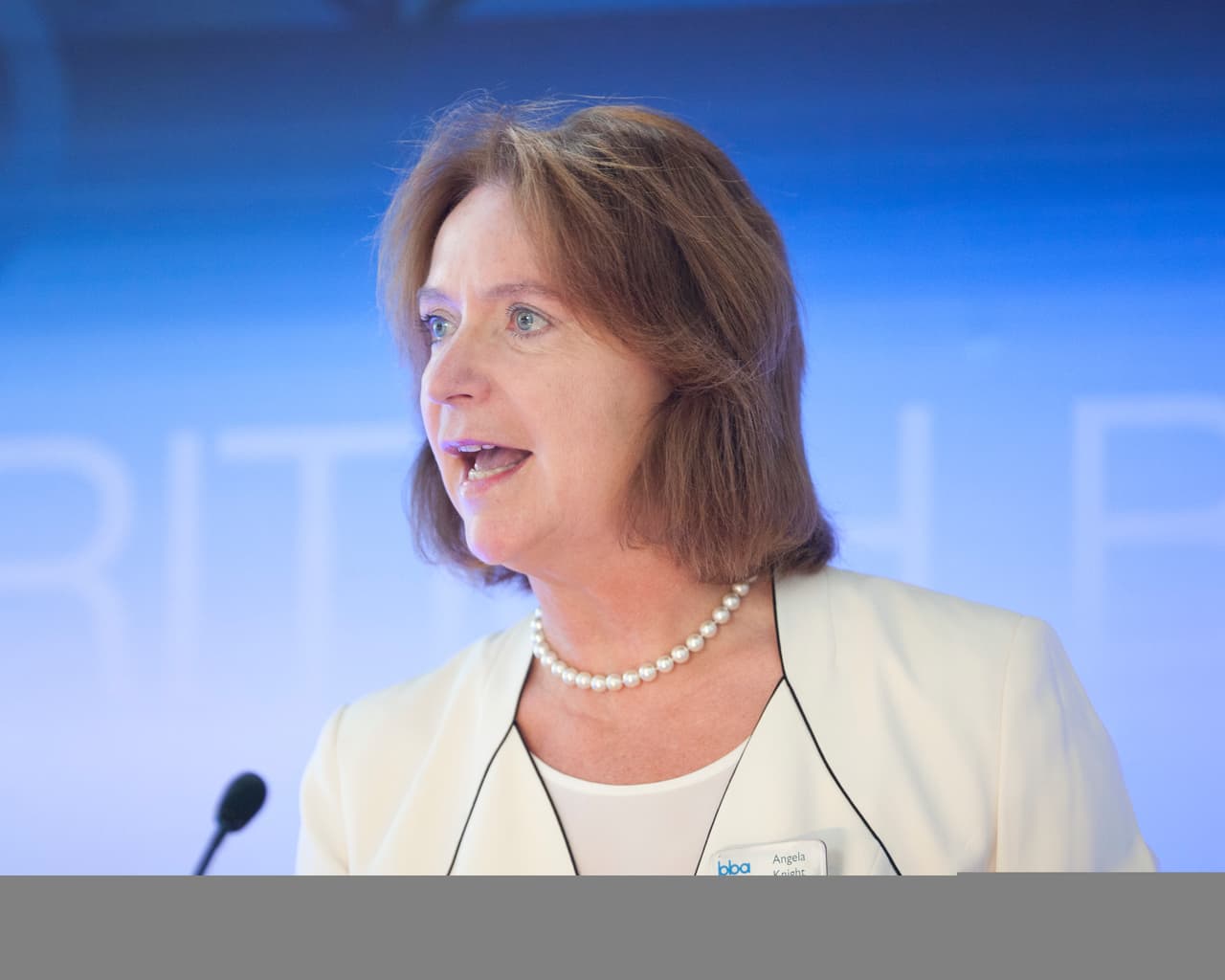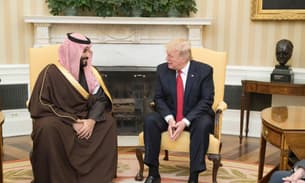
BBA’s ‘secret’ meetings with ministers
The BBA’s chief executive Angela Knight: her organisation boasted of ‘lobbying wins’
The British Bankers Association (BBA) has claimed to have secured a string of significant policy wins in restricted documents seen by the Bureau.
The industry body, currently caught up in the row over LIBOR fixing, hailed the success of its lobbying efforts in its December 2011 newsletter, a member-only publication briefly published by mistake on the internet.
In the newsletter, the BBA proudly declared that a draft of the finance bill 2012 ‘took on a number of points raised by the BBA in its responses to these consultations and engagement with policy-makers.
BBA newsletter, January 2012
‘The government responded on the following issues: controlled foreign company (CFC) reform; VAT cost sharing exemption; non-domiciled individual’s taxation reform; and qualifying time deposits.’
Another newsletter referred to the ‘Vickers’ proposals for banking reform that came out of the independent commission on banking chaired by Sir John Vickers, describing them as a ‘notable success’ for the BBA.
A third publication declared a ‘lobbying win’ after plans to give companies that need to restructure their debts more breathing space were canned.
In January 2012 the BBA said: ‘At our meeting with the FCO [Foreign and Commonwealth Office] this week, both sides stressed the need to work together where we found common cause … It was agreed by both sides that it is vital to illustrate the impact of financial regulations on the “real economy”.’
The documents also reveal the BBA met a host of officials acting for government ministers, including Rohan Silva, special adviser to the prime minister; Giles Wilkes, Vince Cable’s special adviser; Steve Hilton, the recently departed Conservative director of strategy; and Norman Lamb, Nick Clegg’s then chief political adviser.

None of these meetings has to be recorded on official public registers because under government guidelines only ministers and senior civil servants are required to disclose such encounters. Advisers are only required to list meetings that involve hospitality.
This means that despite the government’s attempts to ‘shine a light of transparency’ on the lobbying industry, many meetings where the BBA could exert influence over policy are happening under the radar and the public is unlikely ever to know what was discussed.
Related article: Insurance industry weakens pension scheme for low paid
According to the newsletters, in 2011 the BBA, which spends an estimated £5.6m on public affairs engagement, discussed with government:
• Regulatory constraints on trade finance with business, innovation and skills (BIS) select committee chairman Adrian Bailey and Alok Sharma, parliamentary private secretary to Mark Hoban, the City minister. ‘The pair asked us for further information, which they will use to highlight [the issue] in the Commons,’ the newsletter said. The meeting followed an earlier discussion with Treasury and BIS officials.
• Government reforms of financial regulation with Andrew Tyrie, chairman of the Treasury select committee.
• Remuneration and the reputation of the banking industry with Lorely Burt MP, co-chair of the Liberal Democrat parliamentary policy committee on BIS.
• The business finance taskforce and the industry’s reputational issues with Nadhim Zahawi, a member of the BIS select committee.
• The economic situation at home and abroad and executive remuneration with shadow Europe minister Emma Reynolds, shadow economic secretary to the Treasury Cathy Jamieson, and shadow business minister Ian Murray.
The BBA’s connections with the Conservatives are excellent. The current trade minister Lord Green was the BBA’s chairman until September 2010, while outgoing BBA chief executive Angela Knight was previously economic secretary to the Treasury under John Major.
However, as the newsletters show, the organisation has been as assiduous in courting Labour as the Conservatives.
In 2006, 2008, 2009 and 2010 the BBA persuaded former Treasury select committee chairman and Labour MP John McFall (now Lord McFall), to host its annual parliamentary reception on the House of Lords terrace. Lady Noakes, a Conservative peer, hosted the 2011 reception.
A recent Freedom of Information request by the Bureau requesting details of all correspondence between the BBA and senior ministers and officials in the last 12 months was rejected because the Treasury argued there was so much it would be too costly to provide.
‘A preliminary search for the “BBA” alone would produce several thousand documents,’ a Treasury spokesman explained.
Related article: Revealed – The £93m City lobby machine




